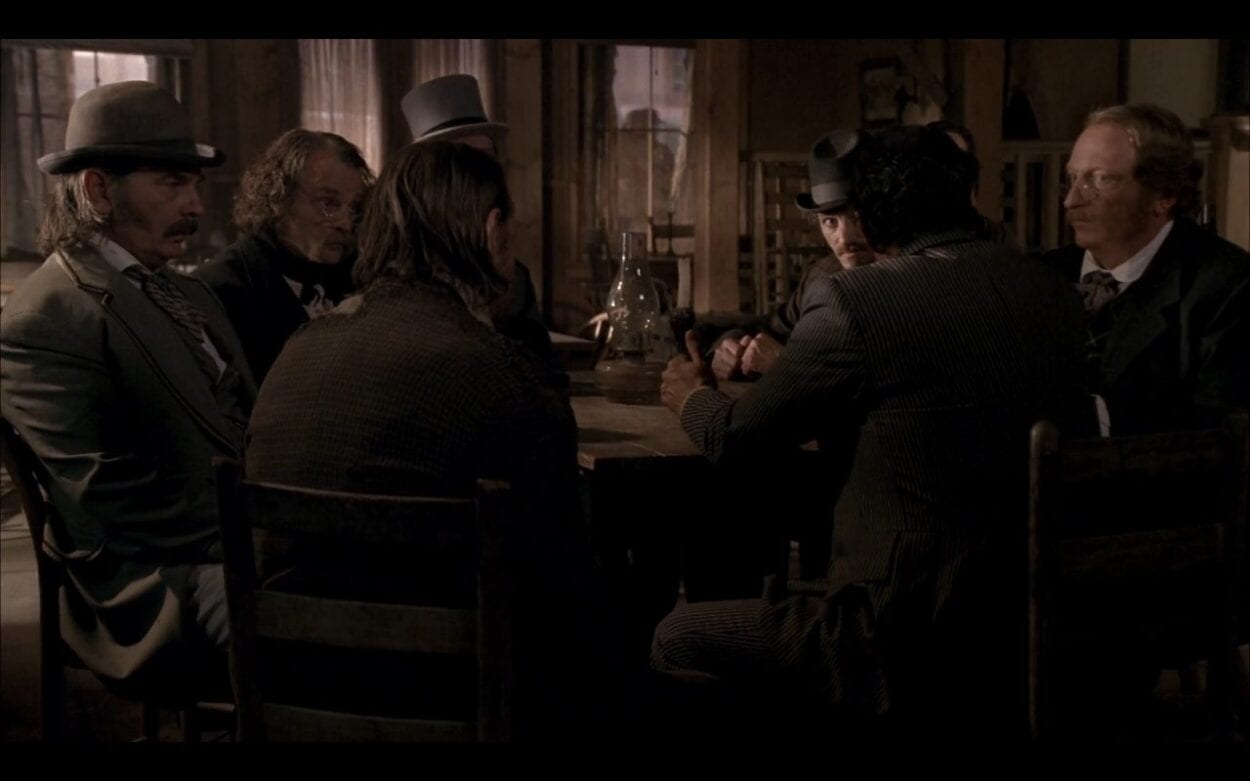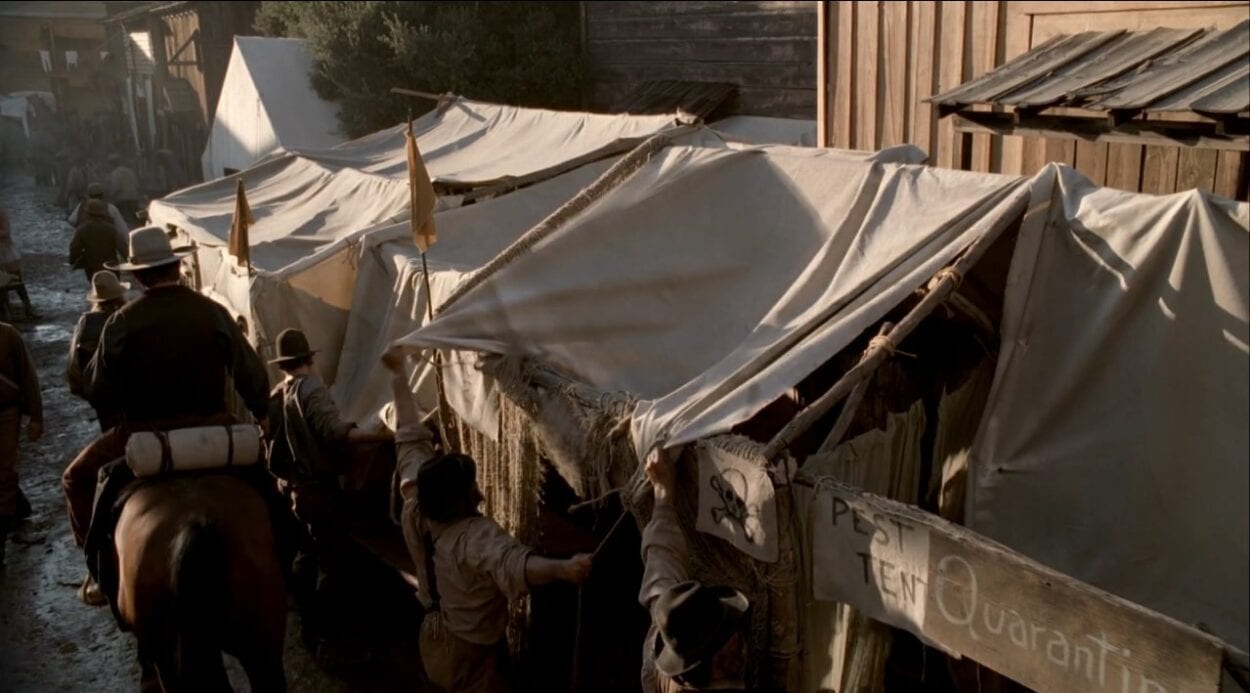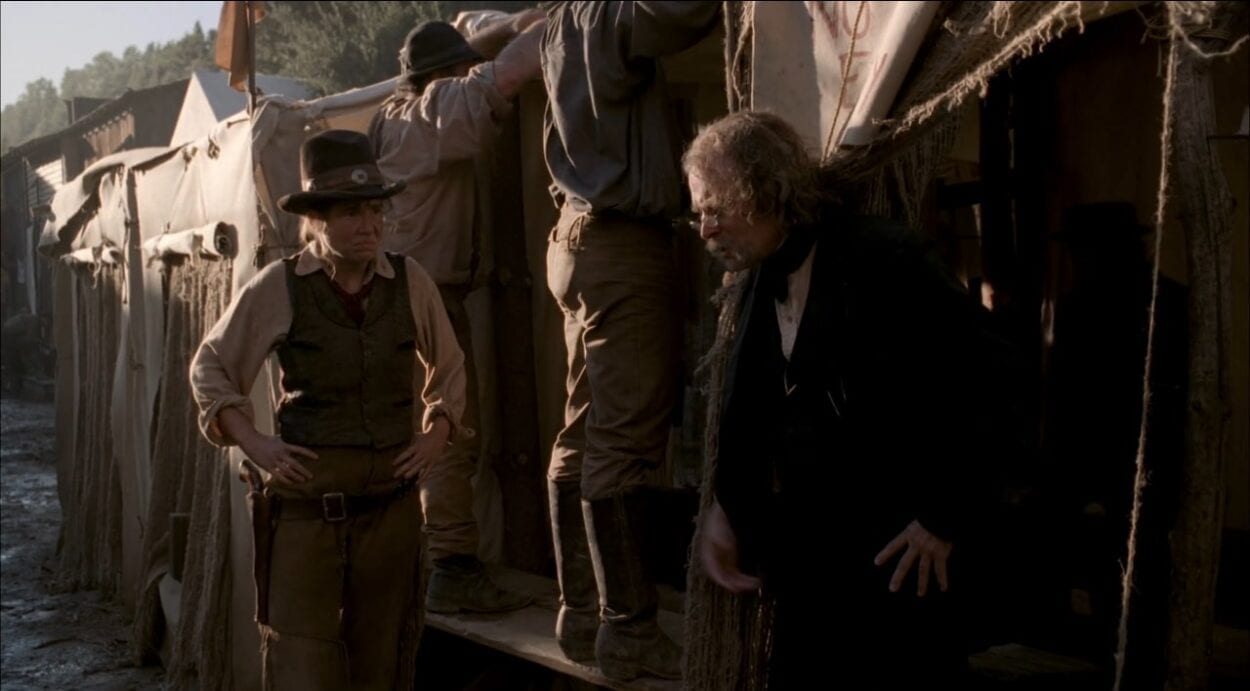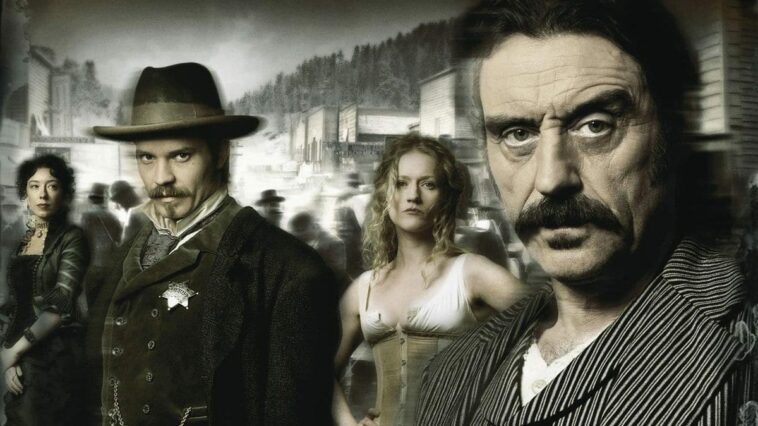When I was in high school one of my favorite classes was “U.S. History 1” taught by one of my favorite teachers of all time, Mr. Theriault. It was the first time that I had someone present the events of the past in a way that made them fun to learn about. Jeopardy-style review games, reenactments of the Industrial Revolution where if you were “fired” from the classroom factory (cutting, gluing, or coloring paper shoes) you had to sit outside, wait till class was almost done, and then rush back in attempting to get others to “go on strike”. There was even a time when we had to recreate a newspaper promoting Manifest Destiny. The overachiever I was aged my paper with tea and even added in “land claims” to make it more of the time period. Each of these projects made history come alive for me and interested me in learning more. It was in this class that I discovered why I loved history.
I loved it for the stories of simple people just trying to make it day to day in a world where things are thrown at you. For me, this is also why I came to love the HBO series Deadwood. Deadwood felt like a well-crafted docudrama that gave insight into many of the colorful characters one reads about. The episodes that stand out for me are the ones that pull from the actual history of the town and allow us to see how the historic figures would interact within it.
In 1876, smallpox broke out within the camp of Deadwood. It started among the miners who had come to the Black Hills of South Dakota in hopes of striking it rich by finding gold. This outbreak would become the backdrop for Deadwood’s S1 episode, “Plague”.
Lately, in the world around us, we’ve been witnessing how society can either come together in times of a pandemic, or crumble. There are two different types of people that begin to show their colors when a situation like this occurs. Some take the Chaucerian philosophy of “every man for himself”. These people will put their own well-being above all others. Then there are the people who will show empathy. With COVID currently being a worldwide problem, both types of people are being seen in our governments and communities. Deadwood aired long before COVID was ever an issue but as “Plague” demonstrates with Cy Tolliver and Al Swearengen, these two sides of a personality are as timeless as the mere concept of “a pandemic”.
In a previous episode Cy (Powers Boothe), the owner of The Bella Union, discovers that an old acquaintance, Andy Cramed, is inflected with smallpox after he arrives at the camp feeling under the weather, and begins to break out in telltale spots. Instead of allowing Andy to quarantine himself in one of the establishment’s rooms, Cy insists that Andy be brought out to the woods (essentially leaving him to die) before word spreads and affects his business. Al (Ian McShane), the owner of the rival saloon The Gem, comes across someone in his own building who is infected. Instead of following the same steps as Cy, he attempts to get ahead of it, and decides to use his influence to bring the camp together as a community to prevent it from growing worse.

The Black Hills region of South Dakota, thanks to the Fort Laramie Treaty, was owned by the Lakota Sioux nation. It was an area known to be enriched with gold, so many Americans decided to venture onto it with hopes of striking it big. These early settlers in the Black Hills often ended up squatting and refusing to move. Since they were technically out of United States, the laws were no longer enforced and everything was free rein. Deadwood was one of these early settlements which meant there weren’t laws to be followed or even a government to help out in times of trouble.
When Al calls his meeting of “the heads of the camp” it proves to be a true testament to the type of community that Deadwood was striving for. The group of men was made up of rich and poor, Catholic and Jewish, educated and uneducated, but all came with the common goal of wanting to make sure Deadwood survived. No matter which part of the personality coin that was mentioned above they fell on, they knew that their way of life was about to change. Around a table set with canned peaches and pears, this group is able to put forth a plan that involves getting a vaccine from a neighboring town, erecting an area where those infected can be placed, and determining how to prevent panic from spreading among the others. This moment in “Plague” alone can be an advertisement for how any government should be run.
Deadwood isn’t just about immersing you in the historical events of the town’s past so we could potentially learn from them. If “Plague” is any indication, Deadwood also serves as a masterclass in how a series should be crafted and constructed. It was able to lay out the storylines that allowed for the events of the first five episodes to come to some form of conclusion while beginning to set up for the later six (such as Reverend Smith and his seizures), which become very important.

One of the big events to come from the first half was the murder of Wild Bill Hickok. Wild Bill worked as the glue in establishing the series’ main characters. At some point, everyone interacted or shared a connection with him. So when history could no longer be withheld and his death had arrived, there was a ripple effect that went through many of the main characters. “Plague” worked as the marker for pushing these characters into either coming to terms with it, or growing from it.
Seth Bullock (Timothy Olyphant), who had struck up a friendship with Hickok, had decided to go after McCall when he felt justice wasn’t brought to him by the camp (and it wasn’t, seeing as McCall was acquitted). Bullock left Deadwood in hopes of tracking him down and getting his own revenge. That is, taking him to a place where he would be properly prosecuted by the actual law. As Bullock is hot on the trail of McCall, he is attacked by a Native American man who is seeking his own revenge for the death of his own friend.
When it comes to revenge, sometimes there are underlying reasons why we want to set out to destroy a particular person. The Native American didn’t know exactly who had killed his “brother” but knew that it was one of the outsiders. Therefore, all of them became a target for his rage. Did Bullock want to capture McCall because of what McCall had done to Wild Bill, or was it because, as a man who had been part of the law for so long, he suddenly felt helpless not being in control? By the end of the episode, he is closer to knowing his answer and that pushes into the character he becomes for the remainder of the series.
Calamity Jane (Robert Weigert) had been known to not hide how she felt about Wild Bill and it was pretty adorable watching her gush over him. She had taken Sofia, a young girl who was the sole survivor of an attack on her family, into her care and appeared to be pulling herself together enough to control her alcoholism. When Hickok is murdered, it’s as though someone ripped out her heart, stepped on it continuously, then put it back into her chest while stabbing it with a butcher knife. She leaves little Sofia with Alma Garret (Molly Parker) and hides in the woods where she jumps right back into boozing her emotions away.

Jane is one who needs people to spell out how important she can be, and smallpox arriving in Deadwood was possibly one of the best things to happen for her. It allowed her to be important. When Doc Cochran asks her for help she is hesitant at first and uses Hickok’s death as an excuse. She then reevaluates and decides to help in the pest tents (something the real Calamity Jane was also known for doing). Even though her battle with finding her self esteem would continue for the remainder of the series, this episode was the foundation for her leaning towards other influences outside of Hickok to motivate her.
Our history books tell us the story of big events that shape how the country or world (depending on your grade) has become what it is today. When you break down the chapters, each one is really about how a community thrived or developed. If Deadwood was our history book on the town in South Dakota, then “Plague” is the chapter on how a pandemic forced a small mining camp to make decisions that began its journey into becoming a fully functional community.


Katie, Wonderful piece. You certainly have a gift of writing. Thoroughly enjoyed it.